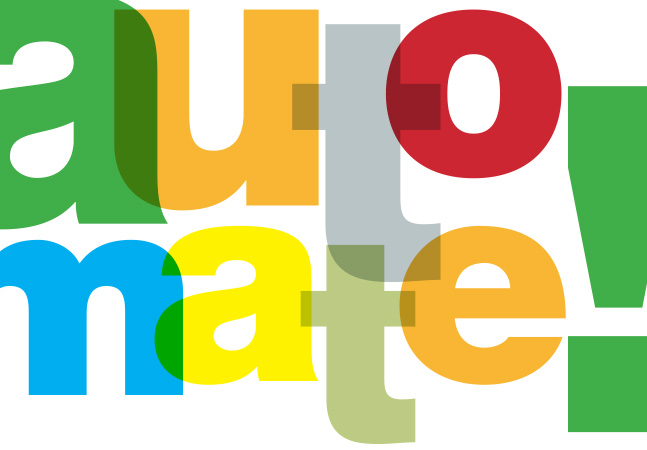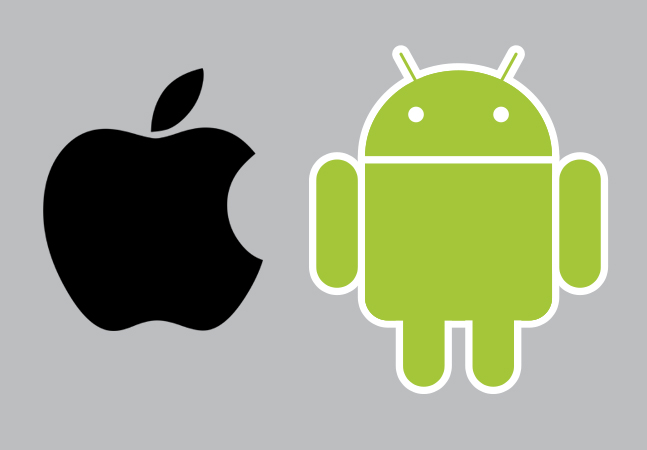
Datamill, an open-source Java framework for Web applications that uses functional reactive programming, has emerged as an alternative to the Spring Framework.

Four new open source releases for building Internet of Things projects have been launched by a working group hosted at the Eclipse Foundation, known for its popular, extensible IDE for Java coding.

Google has just finalized the APIs for Android N -- the working name for the next release of its mobile app OS -- in its 4th Developer Preview.

The language popularity monitors at TIOBE Software say their June Programming Community Index is something of a milestone: for the first time in the history of the Index, a language needed a rating of more than 1.0 percent to be part of the top 20. What this means, TIOBE says, is that the number of real market leaders is declining.

A jury serving in the Federal District Court in San Francisco concluded on Thursday that Google's use of 37 Java APIs in the development of its Android operating system was a "fair use" of that technology.

Gradle Inc., chief commercial supporter of the open source Gradle build automation system, is working with software development toolmaker JetBrains to provide a Kotlin-based build programming language for Gradle, the two companies announced.

Java/.NET interoperability solutions provider JNBridge published a new entry in its growing database of free developer tutorial kits called Labs, which "showcase the myriad possibilities available to developers when bridging Java and .NET frameworks."

The long-running court battle between Oracle and Google continued this week in San Francisco as the two companies faced off again in federal court before a new jury and a familiar judge.

Neo Technology, the creator and chief commercial supporter of the Neo4j open source NoSQL graph database implemented in Java, today announced the availability of Neo4j 3.0.

Bought by Xamarin, which was then bought by Microsoft, RoboVM called it quits today. The company let developers build native iOS and Android mobile apps with Java.

A three-year-old security vulnerability in IBM's implementation of Java, which was thought to be fixed, is actually broken, researchers at Security Explorations disclosed last week.

The Federal Trade Commission (FTC) has given final approval to the settlement of its complaint against Oracle Corp., which alleged the company deceived consumers by not informing them that its security updates left older, still-vulnerable versions of Java running on their computers, following a required 30-day public comment period.

Google's go-to IDE for developing Android mobile apps has officially hit version 2.0, with Instant Run functionality and a faster device emulator leading a host of new features.

Java runtime maker Azul Systems is partnering with in-memory data grid specialist Hazelcast to provide support for Azul's Zing Java Virtual Machine, which is now certified on Hazelcast Enterprise 3.6.

A Java SE flaw Oracle reported as patched in 2013 can be easily bypassed today, security researchers have found.

To solicit developer feedback for fine-tuning the upcoming Android N release, Google today made a preview of the smartphone OS available earlier than usual in the release cycle.

Continuous delivery solutions provider CloudBees has rolled out the first-ever Jenkins-based CD-as-a-Service platform.

The Eclipse Foundation welcomed a once-unlikely new member this week, Microsoft, which has been making moves recently to support open source and Java developers.

Integration middleware maker WSO2 released a lightweight, open source framework for creating Java-based microservices that support container-based deployments.

Another "State of ..." developer survey is out, but with a twist -- it's a global survey of more than 1,000 mobile app devs who mostly work by themselves or in very small shops, where Android reigns supreme.